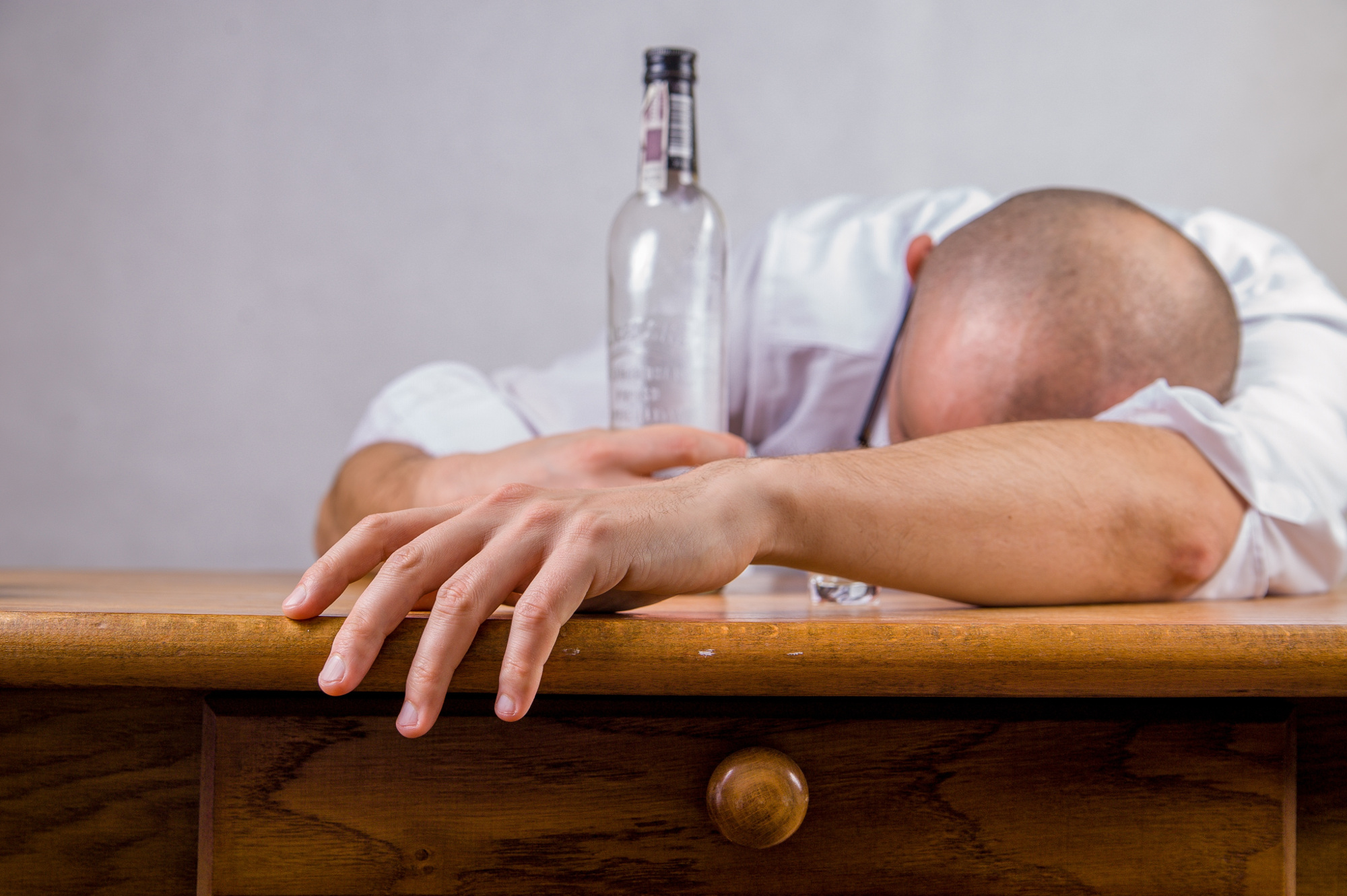Nazanin Qaumi | Contributor
Featured image: Hangover? Hang on. | Courtesy of Pixabay
From the stomach-churning nausea that made drinking even a sip of water seem like a challenge, to the pounding headache that too many have suffered and shared in silence—hangovers are brutal.
Hangovers are the aftermath of excess alcohol consumption; the sickness caused after a night of heavy drinking. It consists of symptoms such as nausea, headache, tiredness, inability to concentrate, photophobia (the sensitivity to light), and dehydration.
Alcohol interferes with the secretion of the hormone that inhibits urination, which means frequent traffic to the washroom and dehydration and lethargy the next day. Those with hangovers are also impaired cognitively, showing delayed reaction times and difficulties with maintaining attention, concentration, and visual-spatial perception.
The reason for this bodily reaction to alcohol is due to its carrying of the toxin ethanol. When alcohol is metabolized by enzymes in the liver, it produces a toxin called acetaldehyde. According to the International Agency for Research on Cancer, it should be classified as a carcinogen.
You might be able to blame genetics for your hangover, as it has been found that your decision to drink heavily, as well as your genes, may both tie in to why you experience your hangover to the extent that you do.
Genetics influence how some individuals process and respond to alcohol, specifically how efficiently the body breaks down alcohol and its byproducts via certain genes. Some individuals have effective ethanol metabolisms and carry genes such as aldehyde dehydrogenase, which breaks down the toxic alcohol byproduct acetaldehyde. When the body lacks this enzyme, there is a greater chance it will respond negatively to alcohol.
Ethanol is able to trigger an immune response when entering the digestive system, which acts as the body’s defense mechanism against an unwanted substance intake.
Darker liquors such as bourbon, red wine, or rum, can cause worse hangover symptoms. These drinks contain high concentrations of compounds called congeners. These are byproducts of fermentation, which get metabolized by the body into formaldehyde, a highly toxic substance. The darker the hue of the liquor, the more congeners are present.
Harvey Skinner, a professor of Psychology & Global Health, advises against drinking alcoholic beverages on an empty stomach: “Eat before you go to the event, and consume food during it. Alternate drinking a non-alcoholic beverage—especially water—with an alcoholic beverage.”
Carbonated drinks can make hangovers worse by quickly reaching the small intestine from where it is absorbed rapidly, which elevates the alcohol concentration in the bloodstream.
Also, researchers who looked at the smoking and drinking habits of college students found that those who smoked on the nights that they drank heavily had much more severe hangovers the following day.
“Sip each alcoholic beverage slowly and enjoy it—avoid binging. On average, your liver metabolizes one standard drink per hour (12 ounces of beer; five ounces of unfortified wine; 1.5 ounces of liquor). Set and stick to your limit for the number of alcoholic drinks,” Skinner adds.
A hangover peaks when the alcohol that has been poured into the body is finally eliminated from it—when the blood alcohol level returns to zero. The toxin may now be gone, but the damage is certainly not. Despite popular beliefs, the best remedy for a hangover is to refrain from drinking so much to begin with.
The most common over-the-counter remedy though, would be Advil or ibuprofen. Further, rehydrating before bed is recommended in treating the dehydration that comes with a hangover.
Eating bread or greasy food won’t “soak up” the alcohol, nor will ‘hair of the dog’ improve the symptoms. Prevention—by way of drinking responsibly—is the only way to truly avoid a hangover.




